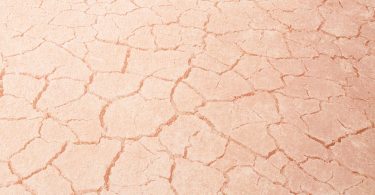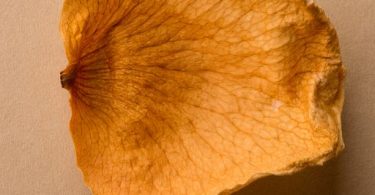In assessing the skin glycation, we can build profiles of patients at risk of accelerated aging.
Skin has the particularity of being subjected to the influence of both intrinsic (internal environment) and extrinsic (UVs, pollution …). This explains the physiological differences of the skin according to its anatomical location. If the parts exposed to the sun cumulate the two impacts, the unexposed ones make it possible to assess more precisely the physiopathological changes including those related to aging.
Glycation is common to all age-related pathologies: metabolic syndrome and diabetes, cognitive decline and neurodegenerative diseases…
The strong presence of long-lasting proteins (collagen, elastin) makes the skin a preferred target for glycation where AGEs (glycated agents) accumulate causing accelerated skin aging (loss of elasticity, dark spots, wrinkles, etc.). Some of these AGEs have the particularity of being fluorescent and this feature is used to develop global measurement systems of the degree of glycation. Measurement of skin auto fluorescence in unexposed areas is based on the assumption that the skin reflects changes in other non-accessible tissues (1).
This hypothesis proved to be correct, despite some interference, and the measurement of glycation through skin auto fluorescence is a good marker of general aging.
The skin thus represents, through its degree of glycation, a mirror of health and aging.
@AGE BREAKER, update 09 2020
✅ [Glycation is one of the major causes of aging. Resulting from the fixation of sugars on the proteins constituting the organism, glycation generates toxic compounds that cause cellular aging. Glycation is particularly involved in metabolic disorders, skin aging and cognitive decline.]
✅ [AGE BREAKER, patented nutritional supplements, based on rosmarinic acid, recognized by aging specialists around the world for their properties to reverse the effects of glycation.]
(1): C. Da Moura Sevedo and Al.: Skin autofluorescence, a non-invasive marker of advanced glycation end products: clinical relevance and limitations. The Leicester Diabetes Centre, University Hospitals of Leicester NHS Trust, Leicester, UK. Postgrad Med J. 2017 May; 93 (1099):289-294









